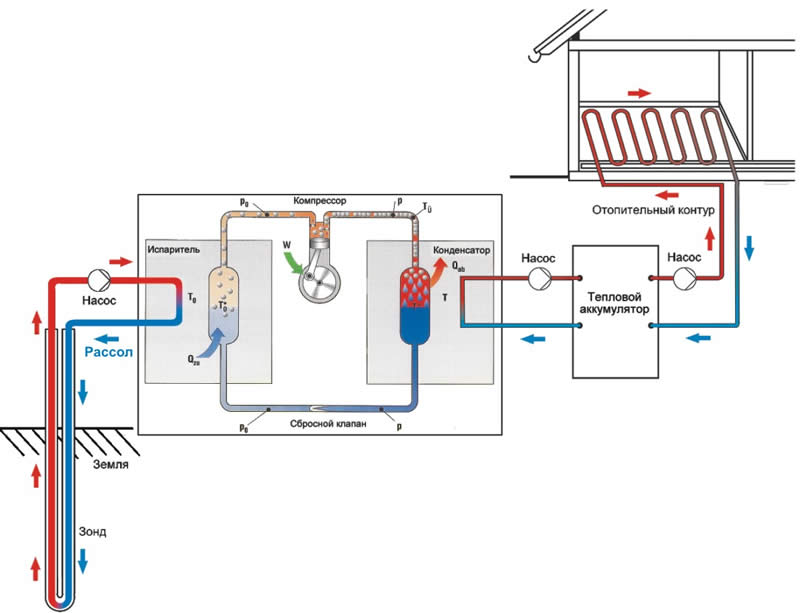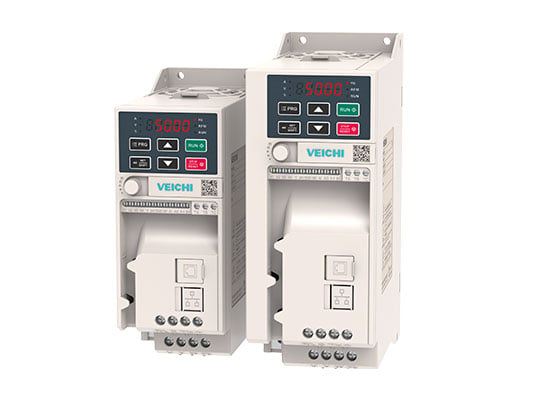Overcoming the Energy Crisis through Alternative Energy Sources
The modern world is facing an energy crisis, and this problem can be resolved by using alternative energy sources. Success in energy production can be achieved not only through traditional sources such as oil and gas but also through water, wind, solar energy, energy from the Earth, and geothermal sources.

However, there is one problem: the temperature of these sources fluctuates from 0 to 25 degrees. To effectively utilize such energy, it needs to be raised to a temperature of 50 to 100 degrees. For this, heat pumps are used.
How Heat Pumps Work
Heat pumps operate similarly to conventional refrigerators. A refrigerator transfers heat from its interior chamber to its outer wall, while a heat pump extracts heat from the external environment and transfers it to the heating system.
Structure of a Heat Pump
Technologically, a heat pump consists of three main subsystems:
- Piping with antifreeze: These are pipes filled with non-freezing liquid, which can be laid underground or in water.
- Refrigerant: This is a liquid that absorbs heat, evaporates, and condenses, releasing energy.
- Heat exchanger: This is a system that receives and utilizes heat for heating the house and hot water supply.
Interestingly, in winter, the heat pump transfers heat from the external environment indoors, while in summer it can act as an air conditioner, removing heat from the room.
Advantages of Heat Pumps
One of the main advantages of heat pumps is their ability to accumulate energy from various external sources, significantly reducing heating costs. The use of heat pumps allows:
- To reduce fuel costs.
- To achieve significant electricity savings.
- To quickly recoup installation costs (in just a few years).
- To automate the heating and cooling process of living conditions.
Energy Sources for Heat Pumps
Heat pumps derive energy from various sources:
- Ground: The heat pump is installed at a depth of approximately 1 meter, as the ground has a stable temperature.
- Water bodies: Using resources close to water.
- Air: Heat can be obtained from air currents without the need for drilling.
- Wells: Pump elements can be placed deep underground in the form of wells, providing a stable temperature.
Is it Worth Investing in Heat Pumps?
Heat pumps are significantly more efficient than traditional heating methods, as for every 1 kW of electricity consumed, you get about 3-4 kW of heat. Thus, the costs for obtaining heat from heat pumps turn out to be three times less than using gas. Therefore, investing in heat pumps is not only profitable but also sensible.
